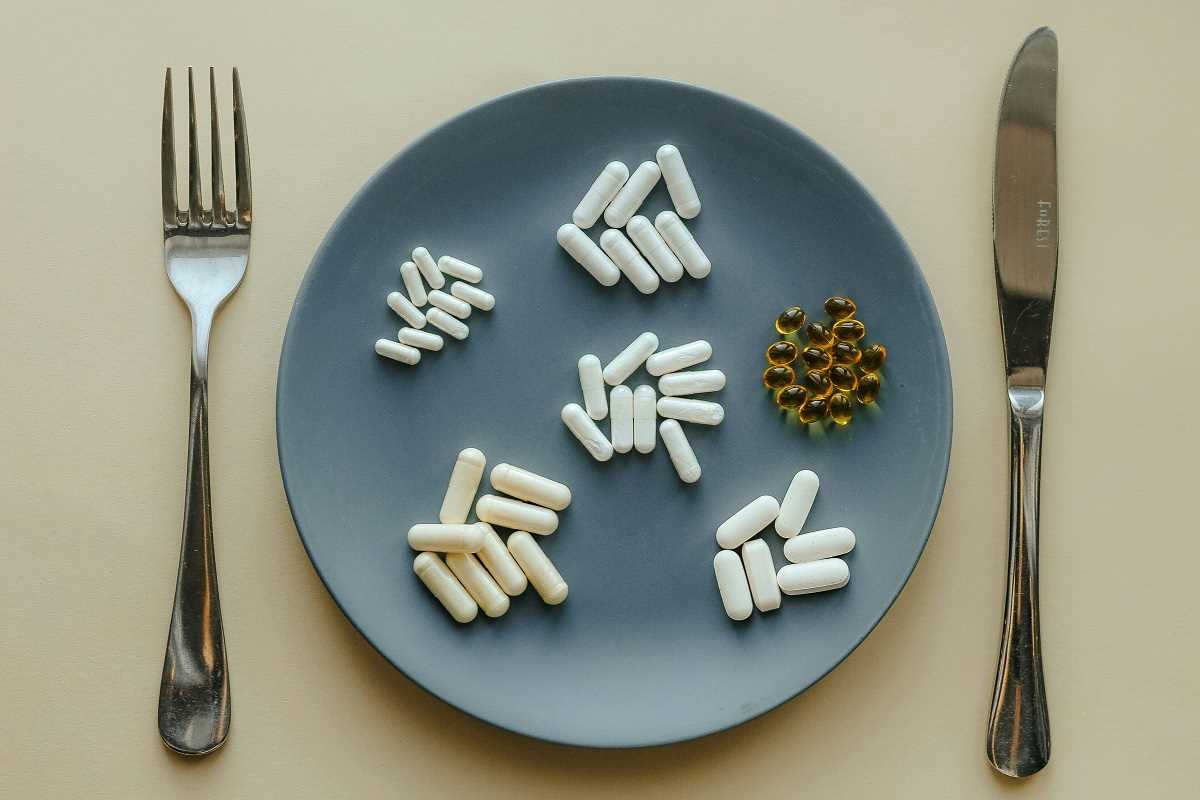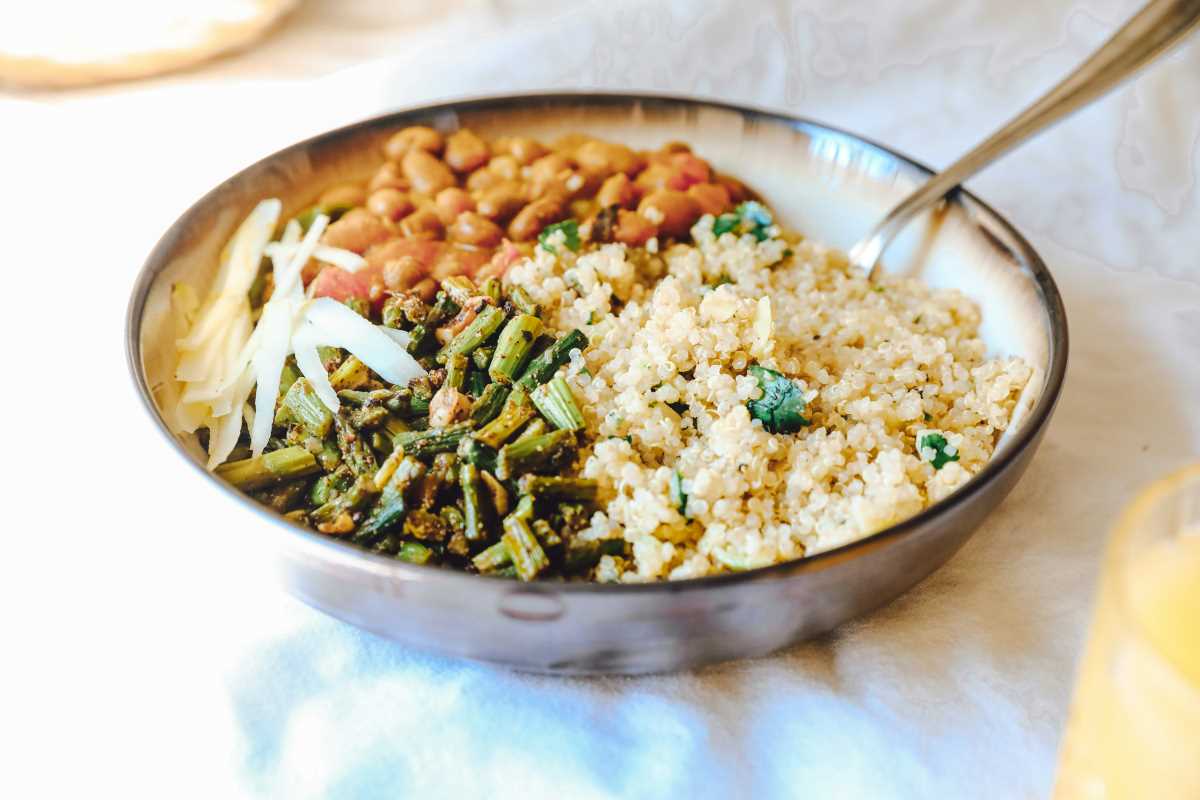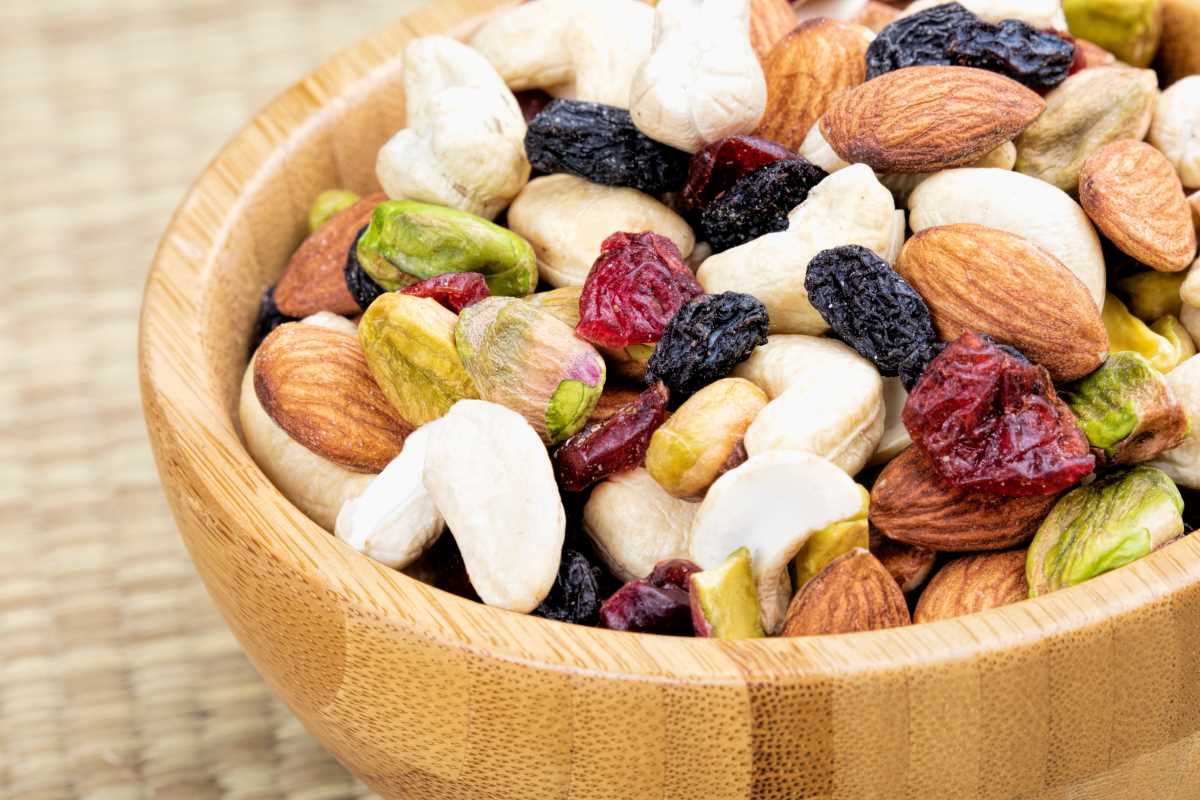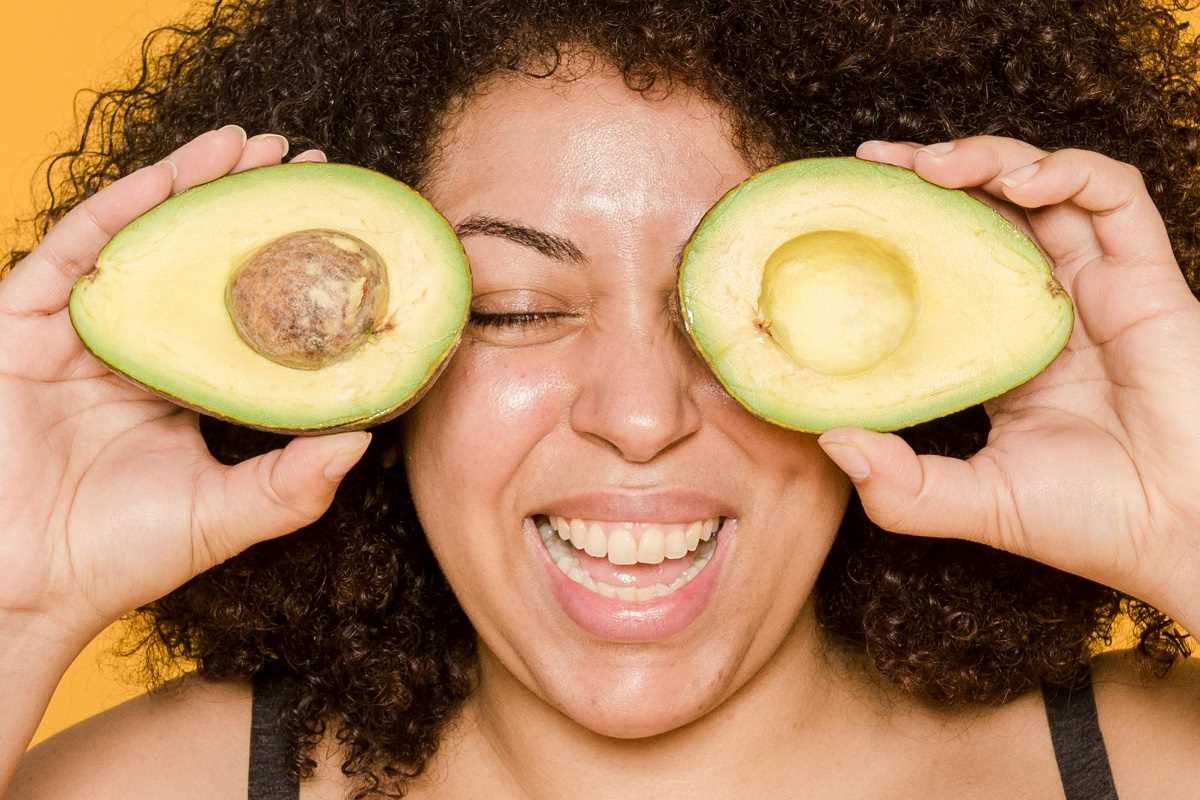When you're flying solo in life, taking care of your health might not always be your top priority. Between work, social life, and figuring out what to eat for dinner (again), health concerns can take a backseat. But here's something worth paying attention to: fiber might be one of your best allies in preventing colon cancer.
What's the Deal with Fiber and Your Colon?
Let's start with the basics. Your colon, also called the large intestine, is like the final stop in your digestive system. It's where your body processes waste and gets ready to, well, let it go. Fiber is essentially the rough stuff in plant foods that your body can't fully break down – think of it as nature's scrub brush for your insides.
When you eat fiber-rich foods, they travel through your digestive system and help keep things moving smoothly. This matters more than you might think when it comes to cancer prevention.
How Fiber Fights Cancer Risk
Research shows that people who eat more fiber tend to have lower rates of colon cancer. But how does this actually work?
Speed is key: Fiber helps food waste move through your colon faster. The less time potentially harmful substances spend hanging around in your colon, the better. It's like cleaning your apartment – the longer you let things pile up, the more problems you might face.
Bulk matters: Fiber adds bulk to your stool, which dilutes any cancer-causing chemicals that might be present. Think of it like adding water to paint – it makes everything less concentrated.
Good bacteria love fiber: Your gut is home to trillions of bacteria (don't worry, most are helpful). When you eat fiber, these good bacteria feast on it and produce substances called short-chain fatty acids. These compounds help keep your colon lining healthy and may protect against cancer.
The Single Person's Fiber Challenge
Living alone comes with unique dietary challenges. You might rely on takeout more often, struggle with cooking for one, or grab whatever's convenient. The good news? Adding fiber to your diet doesn't have to be complicated.
Easy Ways to Boost Your Fiber Game
Start your day right: Swap your regular cereal for one with at least 5 grams of fiber per serving. Top it with berries or sliced banana for extra points. If you're a toast person, choose whole grain bread – it's an instant upgrade.
Snack smarter: Instead of reaching for chips, try apple slices with peanut butter, a handful of almonds, or some popcorn (the air-popped kind, not the movie theater version swimming in butter).
Embrace the bean: Canned beans are a single person's best friend. They're cheap, last forever, and pack a serious fiber punch. Toss them into salads, soups, or even pasta dishes. A half-cup of black beans gives you about 7 grams of fiber.
Make vegetables easier: Frozen vegetables are just as nutritious as fresh ones and won't guilt-trip you from the crisper drawer. Steam a bag and add it to whatever you're eating – rice, pasta, or even scrambled eggs.
How Much Fiber Do You Need?
The recommended daily intake is 25 grams for women and 38 grams for men. Most Americans only get about half that amount. Don't try to jump from 10 grams to 38 grams overnight – your digestive system needs time to adjust, or you'll be dealing with some uncomfortable bloating and gas.
Start by adding 5 grams per week until you reach your goal. Your colon (and your social life) will thank you.
Beyond the Hype: What the Science Says
Multiple large studies have found that people eating the most fiber have about a 10-15% lower risk of developing colon cancer compared to those eating the least. While that might not sound huge, it's significant when you consider how common colon cancer is – it's the third most common cancer in both men and women.
The strongest evidence points to fiber from whole grains and vegetables being particularly protective. Fruit fiber helps too, but the vegetable and grain sources seem to pack the biggest punch.
 (Image via
(Image via.jpg)





